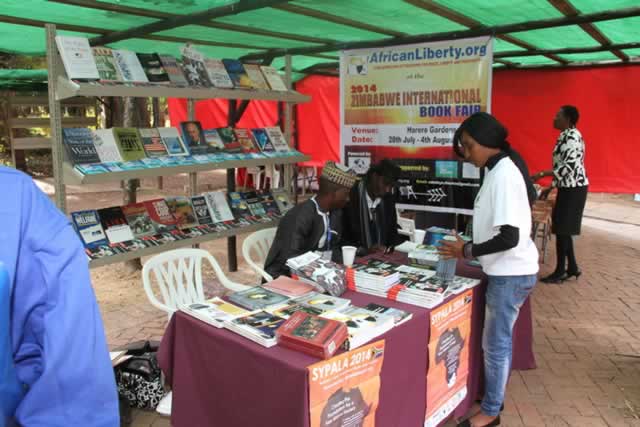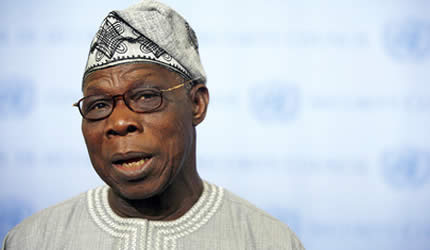Is this the Book Fair we want?

Lovemore Ranga Mataire The Reader
Born in 1983, the Zimbabwe International Book Fair used to be annual premier event that attracted thousands of book enthusiasts, writers and publishers from within and outside the country. In its early years, the ZIBF thrived on the quest, thirst and hunger for knowledge by a previously marginalised black majority populace.
A number of other factors worked in favour of ZIBF’s vibrancy as a platform for the exchange of ideas and how the new nation could move forward. Government support was guaranteed as its priority was also centred on its socially biased policies that included education for all and health for all.
Writers were pivotal in highlighting the demands of a new nation and being the conduit for the expression of the new found freedom and independence.
The ZIBF then offered an opportunity for writers, publishers and readers to interact — demystifying and bridging the gap that existed amongst the three essential segments needed for a vibrant book industry.
However, over the years the ZIBF began to lose its lustre as Government also grappled with a myriad of liberation ideals that the populace felt were still unfulfilled. Since then the life of ZIBF has been turbulent. After the first three fairs, 1983, 1984 and 1985, the ZIBF started struggling and a decision was made to hold the fair after every two years rather than annually.
The government momentarily took charge of the fair in 1987 and 1989 when the then Ministry of Information, hosted the event at the Harare International Conference Centre where most exhibits stands belonged to foreign embassies in Zimbabwe.
It was the late Book Café proprietor Paul Brickhill who in 1990 made a proposal to have the Zimbabwe International Book Fair Trust formed, with 16 trustees and Trish Mbanga as director to manage the book fair. Former vice chairman of the Trust Roger Stringer claims that it was after Trish Mbanga was appointed that a decision was made to rebrand the ZIBF, negotiated with to have the fair held in Harare Gardens with the first fair in gardens being held in 1992.
Stringer claims that ZIBF began to experience a decline in 2000 because of the general economic situation then resulting in foreign exhibitors and visitors not attending. The ZIBF trust was subsequently dissolved and replaced by the ZIBF Association.
While the ZIBF organisers must be commended for ensuring that the event is held annually there is no denying the fact that the fair has become a shadow of its former glory.
Factors underpinning its continued lukewarm nature are fundamentally to do with the economy and the general dynamics of a reading culture whose taste has now been coloured by the advent of technology. More importantly, the ZIBF is in urgent need of an autopsy, which must unravel all inhibiting forces undermining the vibrancy of the fair.
It seems the organisers, particularly one called Bvute, has no idea of how the media can be engaged in playing a pivotal partnering role with the fair. Attempts to solicit information, interviews and all other relevant data are usually met by an attitude that epitomises someone seemingly overwhelmed with his exaggerated sense of importance.
The ZIBF organisers or association must devise ways of ensuring that the fair is continuously in dining rooms, bedrooms, classrooms and universities through the use of technology. The idea of waiting for a few days to remind people of the importance of books is archaic. In as much as the culture of a fair must be maintained it is also crucial for the fair association to embark on several activities or partner relevant stakeholders in the promotion and nurturing of a reading culture.
There is need for serious innovation of the calendar of events during the fair as some of the activities have become redundant.
Until the fair organises embark on a serious introspection, the stagnation and eventual demise of the fair is imminently on the horizon.










Comments